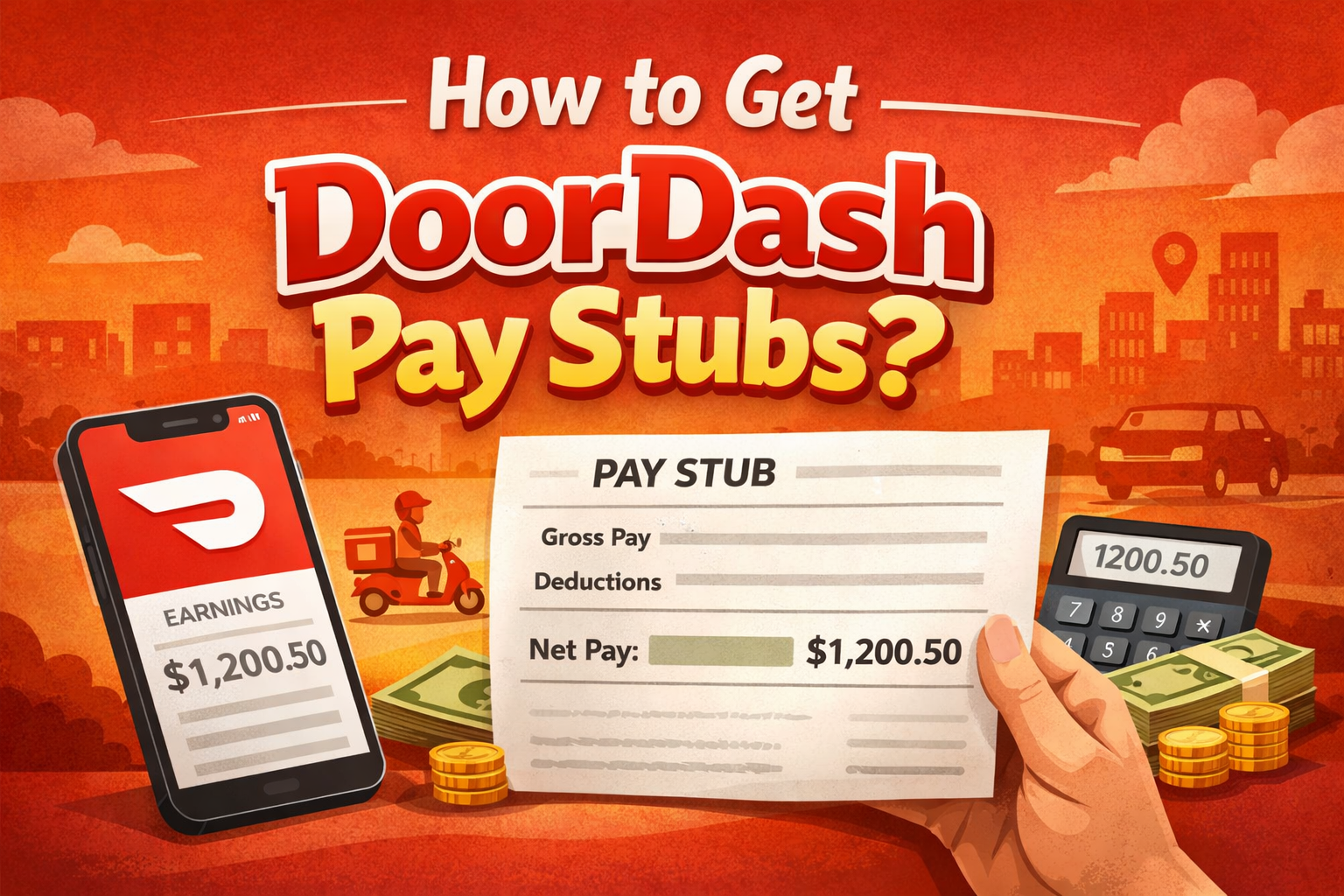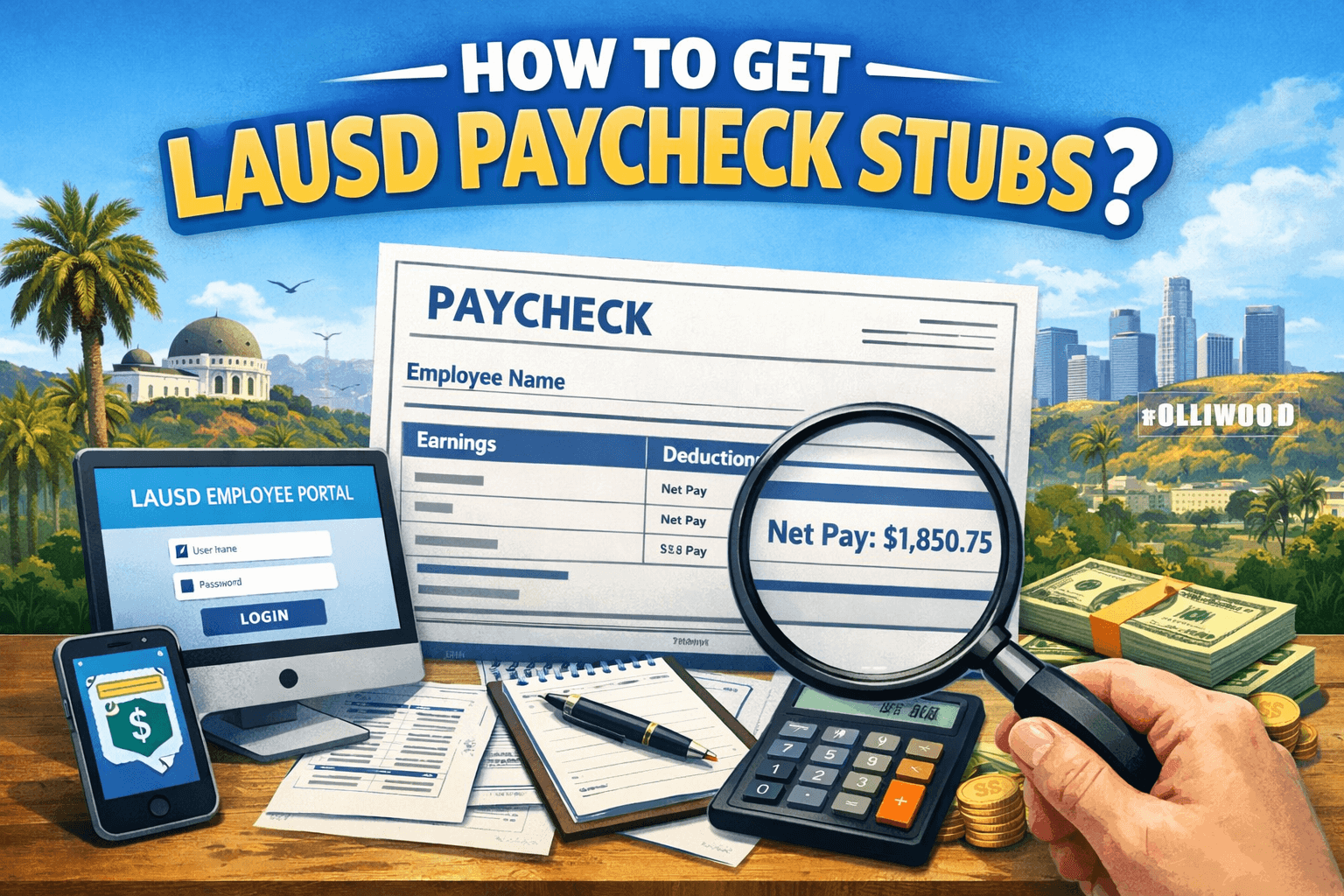What is a Health Savings Account?
A Health Savings Account (HSA) is a type of savings account you use to pay medical expenses. It works only if you have a high deductible health plan (HDHP). The money you put inside can be pre-tax or tax deductible. Funds you don’t spend stay in the account and roll over into next year, so it’s not “use it or lose it.”
Most people use HSA money for things like prescriptions, doctor visits, hospital bills, dental work, or even vision care. If you take money out for something non-medical before age 65, there’s tax plus penalty. After 65, you can withdraw for anything but you will pay regular income tax.
How does a Health Savings Account (HSA) work?
- You need to be covered by an HDHP.
- Both you and your employer can put money in the account.
- Withdrawals are tax-free if used for qualified medical expenses.
- Contribution limits change every year by the IRS.
- The account is owned by you, not your company, so if you change job, it goes with you.
- Money stays year after year, no losing balance.
Why do people use a Health Savings Account (HSA)?
- Lower taxable income since contributions are pre-tax.
- It helps save for future medical expenses.
- Flexibility, because the account is yours and portable.
- Investment options in many HSA accounts (funds can grow).
Related payroll and deductions
HSA contributions usually come out of payroll. On an employee’s pay stub, it appears as a pre-tax deduction. If you are creating pay stubs for staff, you can show these deductions easily with our Free Paystub Generator.
Other terms connected to payroll and benefits include what is a 403(b) plan, what is a 457b plan, or multi-state payroll. They all deal with how money is handled through salary and deductions.
FAQs about Health Savings Account
Q1. Who can open an HSA?
Anyone with a qualified high deductible health plan. You can’t be enrolled in Medicare, and you can’t be a dependent on someone else’s tax return.
Q2. How much can I put in an HSA?
There is an annual limit set by IRS. Limits are different for self-only or family coverage. Contributions above that may have penalty.
Q3. What happens if I spend HSA money on non-medical items?
If under age 65, you pay tax plus 20% penalty. After 65, only tax applies.
Q4. Does HSA expire at the end of the year?
No. Unlike FSA, the unused balance rolls over every year.
Q5. Can employers contribute to my HSA?
Yes, employers often contribute. This will also show on the pay stub as a benefit or contribution line.
Q6. How is HSA different from FSA or HRA?
FSA has “use it or lose it” rules. HRA is fully funded by employer. HSA is yours, portable, and balance always rolls over.
Q7. Can I display HSA deduction on my pay stub?
Yes. If you are self-employed or a small business owner, you can make pay stubs online that show HSA deductions using our Free Paystub Generator.







